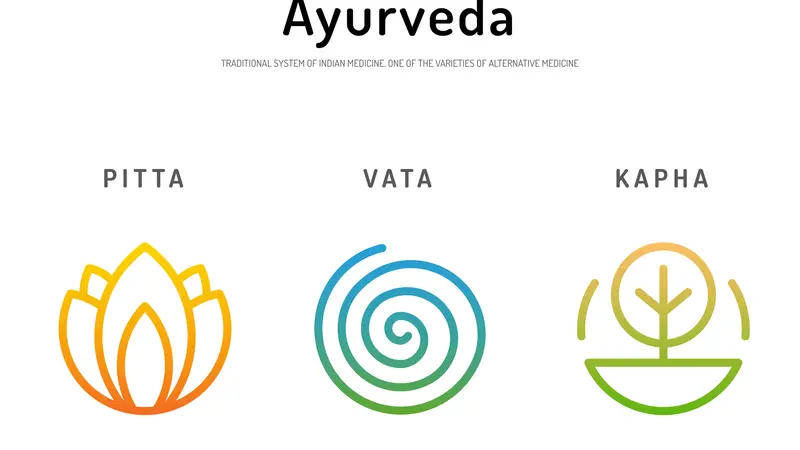

Traditional World Medicine

Traditional World Medicine
Principles of the Ayurvedic Diet
The medicine system of Ayurveda, with roots in the Indian subcontinent, uses diet as a means of creating a healthy body and healthy mind. The types of food eaten, timing of meals, and one’s state of awareness during mealtime all affect either vitality or toxicity, according to Ayurvedic principles.
Certain rules can be applied to the Ayurveda diet to maximize health, vitality, and energy. Food should be selected on the basis of your dosha, or unique mind-body constitution. People with excess Vata dosha (air and space elements) can restore balance with foods that are warm, hydrating, full of healthy fats, and grounding, while those with Pitta dosha (fire and water) should eat cool, astringent, and mild foods. Kapha dosha (earth and water) individuals should eat light, warm, dry, and rough foods to restore balance.
To avoid indigestion and allow energy to rise, three meals a day are recommended and snacks should be avoided. Eat until you are satisfied, not full, so that unnecessary energy isn’t squandered on digestion. Foods with abundant prana (life force) are best. As prana derives from sunshine, water, and earth energies, foods should be as consumed as soon after harvest as possible, like fresh fruit and vegetables from the farmer’s market.
All meals should include the six tastes that deliver energy and information to the body: sweet, sour, salty, bitter, astringent, and pungent. Even a small amount of a taste, like a squeeze of lemon or a pinch of salt, will suffice. Very cold foods and beverages should be avoided as they can reduce the digestive power known as agni, which is important for energy.
Meals should be eaten with awareness of what is being consumed—the sun, soil, and earth that combine to create the food’s energy. This means there should be no phones, emailing, or other distractions while eating. Silence during mealtime is useful for total focus on the colors, taste, and flavors of the food.
Ayurveda medicine recommends that food not be eaten within three hours of bedtime to allow the body to rest and repair itself during sleep without diverting energy to digestion. Although snacking between meals is discouraged, drinking tea is restorative and facilitates detoxification. The type of tea you should drink depends on your dosha—Vata: spicy tea like ginger or clove; Pitta: cooling tea like peppermint; Kapha: energy-producing tea like licorice or cardamom.
To maximize agni, which is strongest when the sun is high, the largest meal of the day should be eaten at noontime, giving the body energy for the rest of the day.
REFERENCES
Easterly E. (2021, January 15) 10 rules for an Ayurvedic diet. Chopra Center. https://chopra.com/articles/10-rules-for-an-ayurvedic-diet


 By
By



